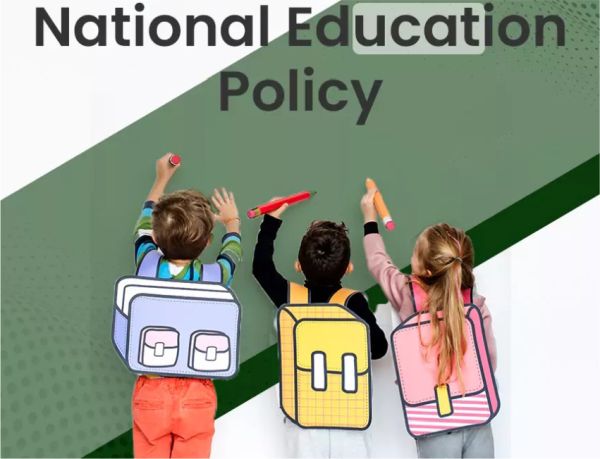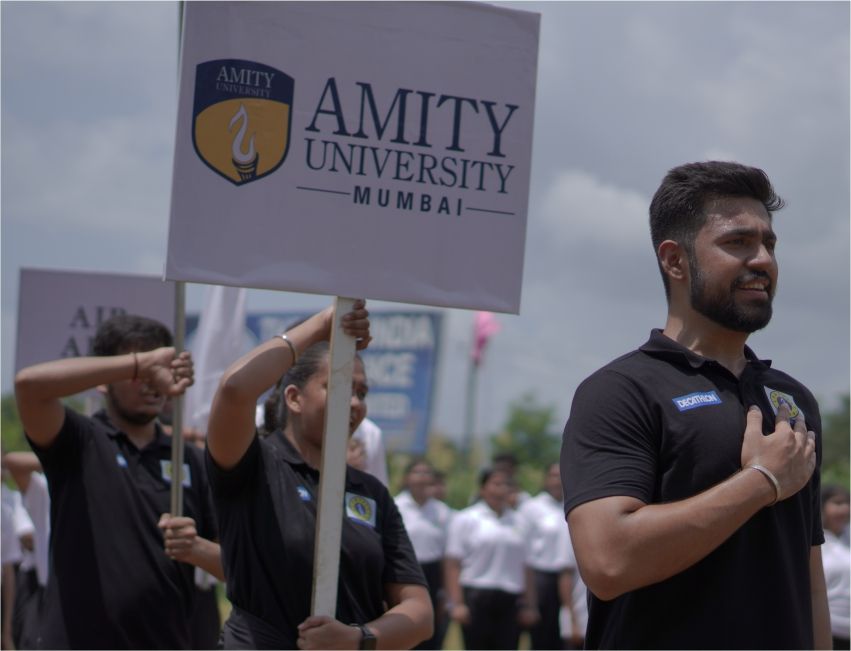Youth Corner - NEP 2020: Impact on School Education

- Dr. A.K. Sen Gupta
- 10 May, 2024
Any education policy is primarily evaluated based on its perceived benefits for the student community. It is necessary to assess its relevance and usefulness from students’ perspective. There has been substantial debate on the subject since the policy came into being with both supporters and critics.
This article assesses some major impacts of the NEP on school education.
Major Impacts:
The substantial thrust on Early Childhood Care and Education (ECCE) and integration of the nursery / kg level of education with “formal school education” is likely to improve quality in the continuum of education.
Formal classification of school education for “4 blocks” with 15 years duration and defining entry age (3 years) and exit age (18 years) will bring uniformity in school education and make it at par with international standards.
Bringing out the “national curriculum framework (NCF)” and re-drafting curriculum for the entire value chain of school education should see the emergence of new content and pedagogy innovations required in today’s world.
One major recommendation of NEP has been that school education migrate from “input-based approach” to “outcome-based model”. This means that the educational curriculum will be integrated with the needs of the society. This is indeed a good approach as students would learn what they are expected to.
Another major recommendation at school level has been to integrate “vocational education” with “mainstream education” from 6th standard onwards. This would improve the credibility of vocational education as well as employability as white-collar jobs are not adequate for the number of students coming out of the educational system. Improving “entrepreneurship culture” among school students is another welcome step.
There has been substantial focus on modification of “assessment methodology” particularly at “board examination”. The envisaged 2 board examinations at 12th standard will reduce anxiety and stress of students and parents. Further, the suggestion to give a chance to appear for the 2nd board examination to get an “improvement score” will help many students who could not score well in the first attempt due to some reasons.
Improving “access” is another key area. Many recommendations have been made to bring all children within the gamut of school education. This includes special recommendations about URGs and involvement of local NGOs and community volunteers. All these initiatives aim to improve access to school education to all, particularly those who are socially disadvantaged; a welcome step has been extension of RTE from 3 to 18 years spanning enter school education.
Learning through one's “mother language” at least up to 5th standard is another good step. This will improve the “learning experience” of many children not from the elite section. NEP also focuses on learning Indian languages. Requirement of every school child taking up a hands-on project on Indian Language will help him / her to understand depth and richness of Indian languages.
The most important recommendation of NEP has been to do away with conventional division of streams of “science” or “arts” or “commerce” from 11th standard as prevailing now. As per new education policy, every child will learn all subjects and become a “generalist” rather than a “specialist” at the end of school journey. Idea is to imbibe “life skills” among students rather than a “sectoral skill” at a tender age. This is what happens internationally. While this is difficult to digest by all, it may bring out completely distinct types of students who are holistic, independent, creative & also analytic and can think broadly for all types of problems. It is going to be a “generational change”.
Moving Ahead: Recommendations are revolutionary and they all are for the benefit of school students. The task lies in implementation.
Dr A K Sen Gupta is the Founder and Convener, Higher Education Forum (HEF). He is former Director of SIES College of Management Studies (SIESCOMS), Navi Mumbai and Bharatiya Vidya Bhavan’s S P Jain Institute of Management & Research (SPJIMR), Mumbai. He may be contacted at aksengupta51@gmail.com or 9821128103.





